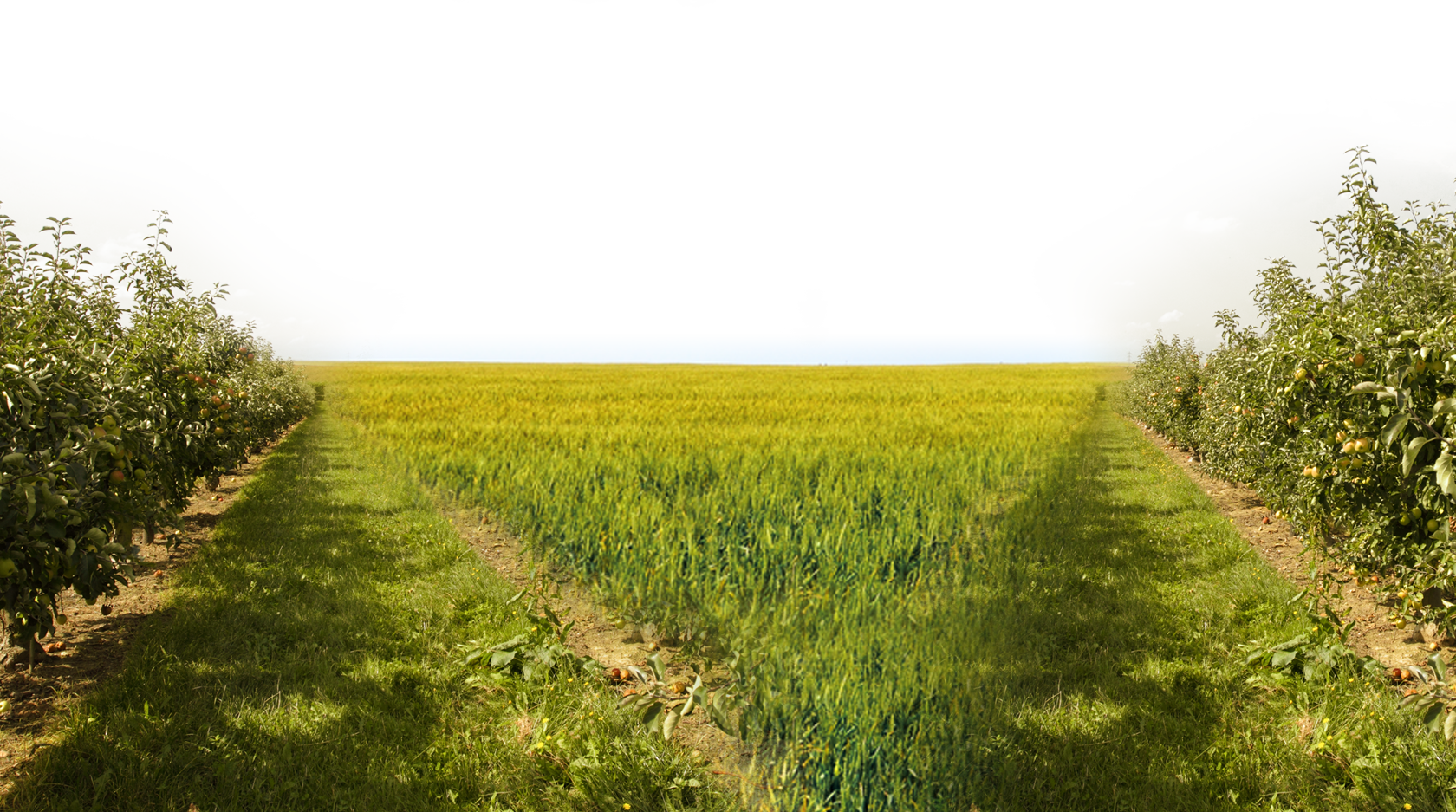
Stevia: The No-Cal, No-Carb, Organic, All-Natural Sugar Substitute
By Sebrina Zerkus Smith | 0 Comments | Posted 02/12/2015
If you haven’t tried stevia yet, what are you waiting for? Stevia is an all-natural sugar substitute that has been around for centuries. It has no calories, no carbs and no harmful side effects. And if you choose the right brand, such as SweetLeaf, it is GMO free, and 100% organic! It’s the sweetener of choice if you’re watching your health and your waistline.
Current research is pointing to the negative health effects of consuming too much sugar. Sugar contributes not only to diabetes and obesity, but it is now linked to a whole host of inflammatory conditions — like heart disease, and can even aggravate conditions like Lupus and Rheumatoid Arthritis.
So okay, we, as a country need to cut back on the sugar. But what do you do if you like your coffee light and sweet? Or even if you want an occasional sweet treat?
Stevia could be the answer for you. I know it was for me.
Stevia is great in hot or cold beverages, on cereal or fruit. and you can even use it for baking. A little bit goes a long way, so you don’t even need much to get wonderful sweetness without sugar.
Stevia (Stevia rebaudiana) is extracted from the leaves of the Stevia plant and is 200–300 times sweeter than sugar, but does not effect blood glucose levels and is considered safe for diabetics. The plant is a native of Paraguay and Brazil, where it is used as a traditional medicinal herb for obesity and blood sugar disorders. But stevia is easily cultivated and grows well in many areas of the world.
In America, the great no-cal sweetener debate has centered around saccharin and aspartame, and more recently Sucralose (Splenda). All these sugar substitutes have one thing in common, they are made up of chemicals, or chemically processed to produce a sweet taste were stevia is all-natural.
Especially when it comes to Sucralose (Splenda), which has been touted as an all-natural and safe alternative to sugar, but is in fact not all it claims to be.
Sucralose may start out in something like a natural state — it is essentially derived from sucrose (a form of sugar) or raffinose (which is derived from beans and onions). But it is then chemically altered using trityl chloride, acetic anhydride, and thionyl chloride, all of which have been linked to cancer, allergies and health problems.
In Japan, stevia has been the sugar-free sweetener of choice — over saccharin, aspartame, Sucralose and even xylitol — in soft drinks and foods since 1977. And it has been enjoyed by millions of people worldwide with no reports of toxic effects in adults or children.
Studies have also uncovered additional health benefits of stevia, over and above its sweet flavor. Stevia has been shown to actually decrease blood sugar levels and improve insulin resistance in type 2 diabetics.
Stevia is available at most grocery stores and online as whole leaf (green), a liquid extract (brown), and a powder (white). The powder is also sold in convenient little packets that make it very purse-friendly.
But be sure to read the packaging on the brand you choose. In addition to making sure the brand you choose is organic and GMO-free, watch out for any additives that are unnecessary and unwanted.
Some stevia that is being sold as 100% stevia is actually a mix of sugar or Sucralose and stevia. Mixing stevia with sugar or Sucralose might indeed lower your sugar intake, but it might also negate any health benefits you’re looking for.


 Contact us
Contact us



























